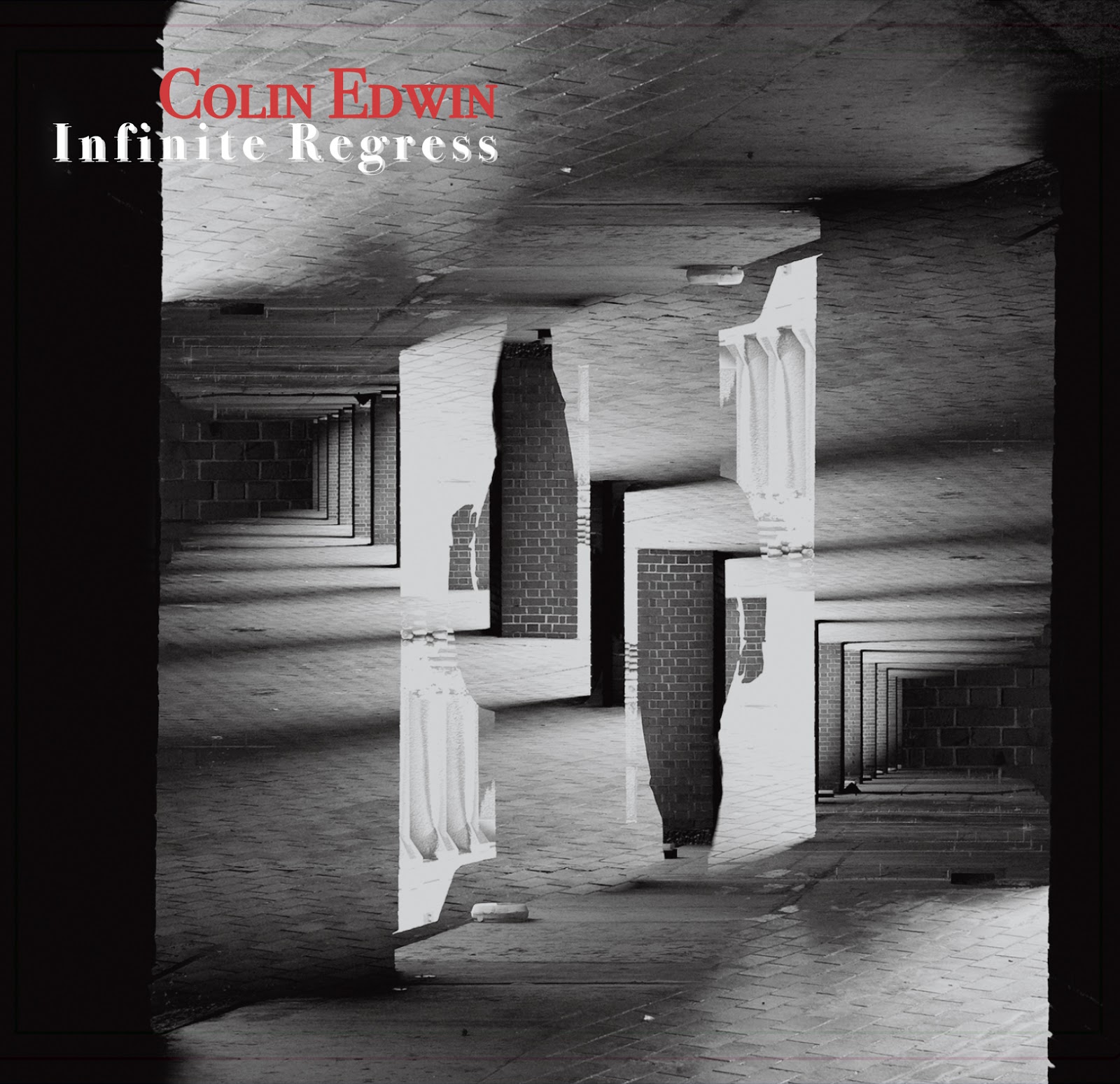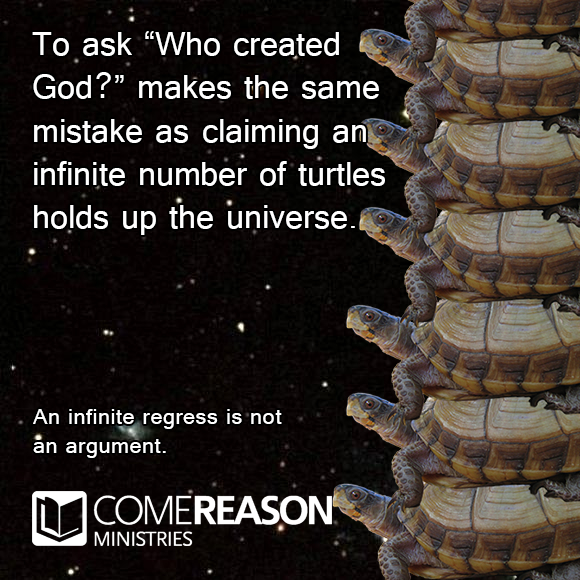
On this account of “if p, q”, if the conditional “ p ⊃ q” is true, and p holds, then q also holds likewise if q fails to be true, then p must also fail of truth (if the conditional as a whole is to be true). The relation between “ p” and “ q” in this case is often referred to as material implication. The standard theory makes use of the fact that in classical logic, the truth-function “ p ⊃ q” (“If p, q”) is false only when p is true and q is false. I could either be off my rocker or lying, but any proposition can be proposed even when what informs the proposition is not the case.

The fact that it is snowing is a distinct reality from my proposition, especially because I can make that claim, for whatever reason, even when it is not the case that it is snowing. Put another way, if I say that Correspondence Theory says nothing other than the fact that the proposition “it is snowing” holds true if, in fact, it is snowing, the interlocutor is tasked with finding a premise on which the truth of the proposition “it is snowing” rests. For the skeptic’s argument to work, the onus is on him to find a premise containing necessary and sufficient conditions in relation to the premise he is skeptical of. The issue with any Infinite Regress argument is that the radical skeptic has glossed over basics in philosophy. Descartes’ Evil Demon, or questioning the very existence of the person they are debating, e.g., “how do you know you’re not a brain in a vat?” This is all while ignoring that if such an evil demon is distorting reality on a whim, they too are subject to its deception and that if the person they are debating is a brain in a vat, it is far likelier that they themselves are in the same predicament. In other words, someone who is skeptical of Correspondence Theory will go as far as questioning reality, e.g. Such an interlocutor usually makes that decision due to prejudice, an unabashed bias for their own conclusion or perspective while in other cases, the individual disagrees with an alternative explanation so much that they go out of their way to express skepticism toward this explanation to an extent that they never applied to their own. The Infinite Regress Problem is therefore, not much of a problem unless a given interlocutor decides that it is. Usually such arguments take the form of objections to a theory, with the fact that the theory implies an infinite regress being taken to be objectionable. An infinite regress argument is an argument that makes appeal to an infinite regress.
#INFINITE REGRESS PHILOSOPHY SERIES#
Ross Cameron frames the problem as follows:Īn infinite regress is a series of appropriately related elements with a first member but no last member, where each element leads to or generates the next in some sense. The Infinite Regress problem resulted in foundationalism, which was motivated by the pursuit of certainty. The thought is that this goes on forever.

For further details, please contact either: Matthew Duncombe ( ) or Tamer Nawar ( ).The problem, as commonly framed, is that the truth of P1 is substantiated by a P2, which is then substantiated by a P3. We will explore the prospects for a comprehensive investigation of infinity and infinite regress arguments and what they can tell us about ancient science, philosophy and mathematics. This pilot workshop is kindly funded by Durham University. Please send abstracts (prepared for blind review) or questions to: Matthew Ducombe ( ), by 22th May 2015. We welcome discussions of infinite regress arguments that are not directly related ancient philosophy. We are interested in pieces on specific texts, arguments or thinkers, as well as synoptic pieces looking at a range of material.

We welcome abstracts of up to 500 words for presentations up to 30 minutes on the topics of infinity and infinite regress arguments, primarily, but not exclusively, in ancient philosophy.

Philosophers and mathematicians regularly discussed infinity and employed infinite regress arguments, but disagreed over the nature and coherence of infinity and the logic of the relevant arguments. Infinity and Infinite Regress Arguments in Ancient Philosophy Workshop 14th-15th July 2015,ĭurham University, UK Call for 500 word abstracts Deadline 22th May 2015įrom antiquity, infinity ( to apeiron) has been a both a tool and a problem for thinkers.


 0 kommentar(er)
0 kommentar(er)
